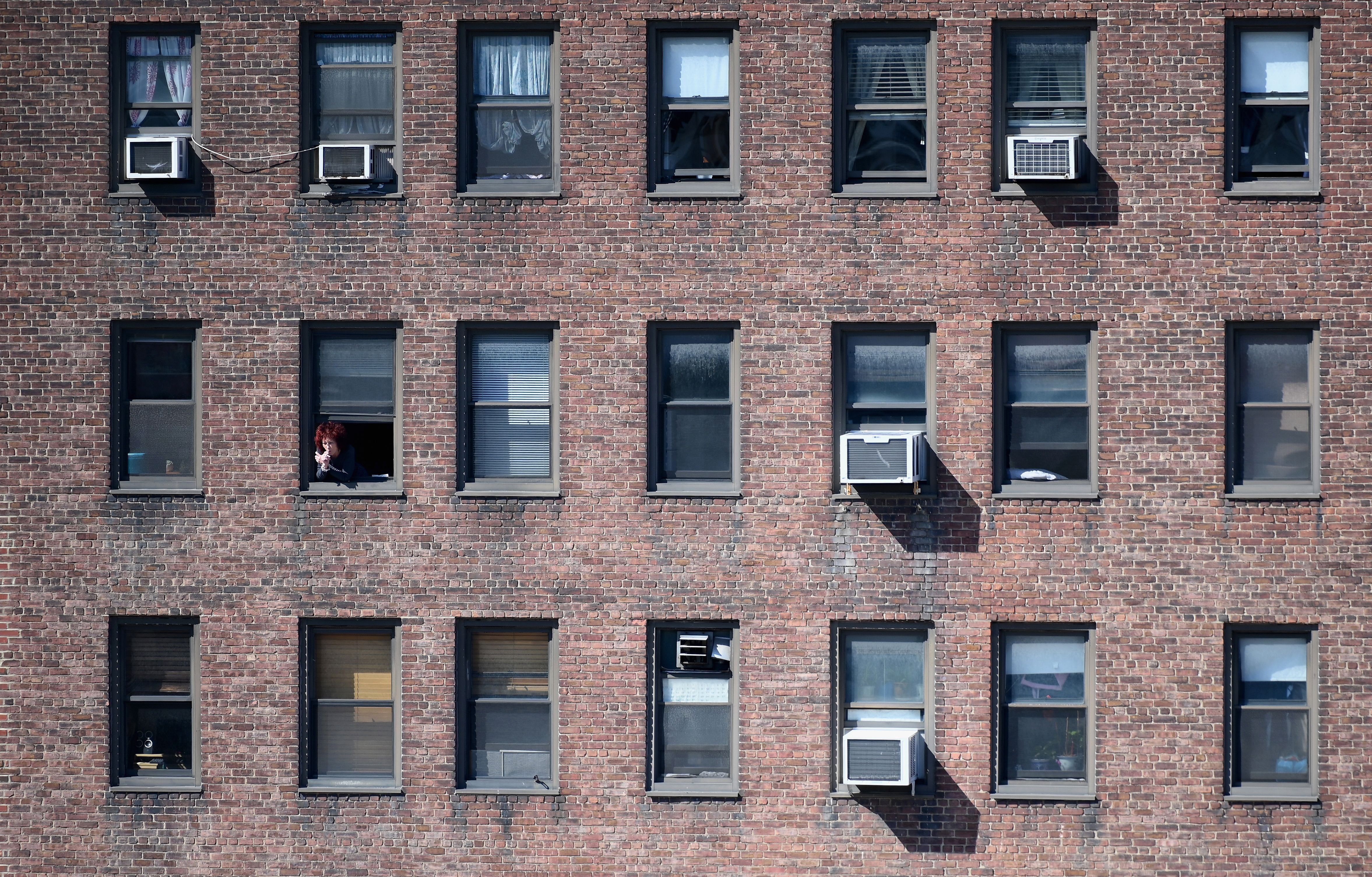Is America's economy headed for a double-dip recession?
Calamity looms as federal aid stops

A free daily email with the biggest news stories of the day – and the best features from TheWeek.com
You are now subscribed
Your newsletter sign-up was successful
The smartest insight and analysis, from all perspectives, rounded up from around the web:
Americans are "approaching a dire turning point" as we head toward fall without another economic aid package in sight, said Joe Pinsker at The Atlantic. Roughly 1 in 6 households reported recently that they have not been able to afford food during the pandemic, while one out of 10 adults have said "they haven't been able to pay rent or their mortgage in time." The $2 trillion CARES package passed in March provided "much-needed support" for millions, but still it wasn't enough to "completely protect American families from the pandemic's financial harms." Then the support abruptly stopped. That has left people like Henderson Belle, a furloughed airport worker supporting a disabled daughter, wondering where they will find the money for rent, food, and auto payments.
President Trump's executive actions haven't yielded much relief, said Jeff Stein and Tony Romm at The Washington Post. While jobless claims rose again last week, only two states, Arizona and Texas, have started sending the extra $300 per week in unemployment insurance that Trump requested after the previous $600 expanded benefits expired in July. Other states have been approved to extend aid, but because of technical challenges such as outdated computer systems, "some states may not be able to send new payments out until the end of September." Economists are starting to worry about a "double-dip recession," said Stephen Gandel at CBS News, meaning the economy could "start to turn down again before it has fully recovered."
The Week
Escape your echo chamber. Get the facts behind the news, plus analysis from multiple perspectives.

Sign up for The Week's Free Newsletters
From our morning news briefing to a weekly Good News Newsletter, get the best of The Week delivered directly to your inbox.
From our morning news briefing to a weekly Good News Newsletter, get the best of The Week delivered directly to your inbox.
We do still have a buffer of $1 trillion to prop up the economy, said Tim Duy at Bloomberg. Personal savings "surged from March through June as fiscal support boosted incomes and shutdowns constrained spending." In the long lockdown, Americans have set aside an estimated $931 billion more than they would have without the pandemic. Meanwhile, consumer debt has also fallen by $100 billion. So there's a lot of money still "sitting idle" that consumers can turn to in a crunch, or spend as the economy improves. Indeed, the recovery gained steam in July, said David Harrison and Paul Hannon at The Wall Street Journal. Even with coronavirus cases rising, manufacturing and services activity rose, "thanks to returning customers, new marketing campaigns, and the easing of lockdowns overseas."
"There are two economies forming right now," said Catherine Rampell at The Washington Post: "A buoyant recovery atop a possible depression." For higher-income, college-educated, white-collar workers, "the recession is largely over." Homes are selling at a record pace, and "retirement accounts are flush." But the reality is far different for the lower-wage, non–college degreed, blue-collar workers "once employed in restaurants, bars, hotels, salons, gyms, and retail stores." President Trump's "beloved working class has increasingly become an involuntary nonworking class, and Trump doesn't bat an eye." How long can these two economies diverge before "the Americans left behind start to notice?"
This article was first published in the latest issue of The Week magazine. If you want to read more like it, you can try six risk-free issues of the magazine here.
A free daily email with the biggest news stories of the day – and the best features from TheWeek.com